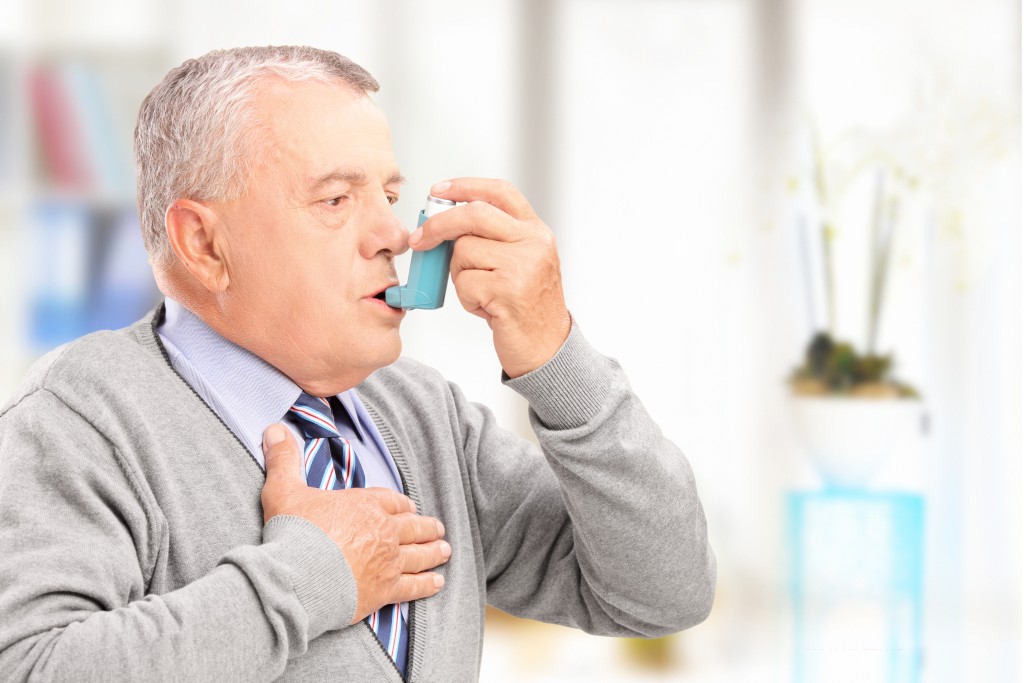Like the rest of the world, Singaporeans are susceptible to both acute and . It has a high prevalence rate of chronic obstructive pulmonary disorder (COPD) at 3.5%. Although it has one of the best air quality standards in Asia, transboundary hazes can make breathing difficult from time to time.
A cough often accompanies most respiratory tract infections. Contrary to what many people think, this process is the body’s natural response to getting rid of the extra mucus and other irritants. But it can also be annoying and sometimes debilitating. It may result in missed work and school days, as well as limited physical activity. Managing it is one of the effective ways to speed up recovery and improve the quality of life. The question is, what cough treatment do you need?
Medications
 Cough medications can vary, and knowing the difference is essential to find out which one fits your needs:
Cough medications can vary, and knowing the difference is essential to find out which one fits your needs:
- Mucolytic – Mucolytic agents work by thinning the mucus that builds upon the airways and the lungs. This way, it’s easier for the body to expel it by coughing. The active ingredient can differ.
- Fluimucil 100, for example, contains N-acetylcysteine, which comes from L-cysteine, which is a type of amino acid. It is available over the counter while some take it as a supplement, especially if they have chronic bronchitis or COPD.
- Antitussive – An antitussive is a cough suppressant. It doesn’t eliminate the coughing but reduces the tendency to do it.
- It is best for people who have a dry cough. In other words, it doesn’t produce phlegm. It usually happens when the person also has the flu.
- Expectorant – Expectorants work like mucolytic since they help soften the mucus, but they are slightly different because they compel you to cough more. This makes it a better option than antitussive when you have a chesty or a productive cough.
- Antihistamines – If the coughing is an allergic reaction or you have allergic rhinitis, you may need antihistamines. These medications don’t deal with the coughing alone. They also manage the other symptoms. These may include sneezing and watery eyes.
- Decongestants – Decongestants work with the common cold or a runny nose, but doctors may also recommend them along with the others. This is because post-nasal drip may increase the accumulation of mucus.
- Antibiotics – These are medications designed to stop a respiratory tract infection caused by bacteria. They don’t work with diseases due to viruses. To confirm, you may have to take a sputum culture or a blood test to determine the cause of your sickness. Unlike other cough medicines, antibiotics are available by prescription only. Their misuse may only increase the likelihood of resistance, which now kills an average of 33,000 people annually.
You can buy many cough medications over the counter. It’s always best, though, to take these with your doctor’s approval and with precaution. Note, too, that coughing is often a symptom than a disease. You and your doctor still need to determine and treat the root cause. These medications, however, can help ensure you can return to your normal routine as soon as possible.

